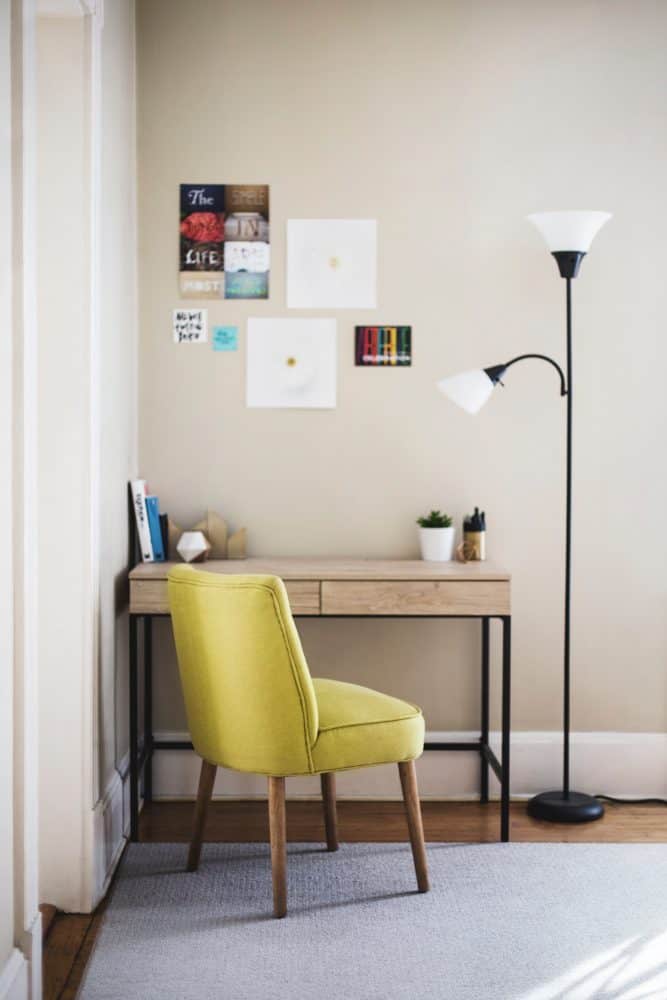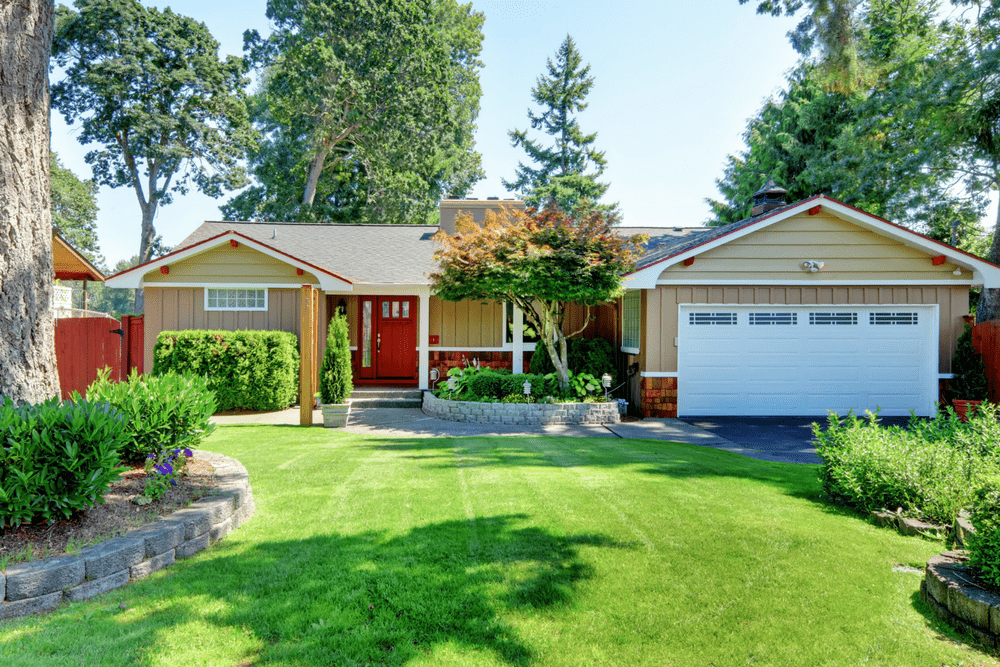Buying your first home is intimidating, and the current economy makes it even tougher. According to a recent article in Market Watch, the inventory of starter homes available to first time home buyers is dwindling. Many homes are in need of major repairs, which drives up the investment cost.
But that doesn’t mean you can’t buy a home. There are state-wide and national programs offering financial help to those who are ready to invest in a home of their own. But before you start to apply for grants and low-interest loans, here are four key issues to consider:
Credit check
When you start thinking about buying a house, make sure to check your credit report. You are entitled to free credit reports from each of the three credit reporting agencies every 12 months. If there are ANY discrepancies, open accounts that should be closed, or any other inaccuracies, file a dispute to get them corrected as soon as possible. One tiny error could lower your credit score and that could significantly affect your mortgage offer. For the same reason, avoid opening new credit accounts; that includes credit cards, car loans, store credit or payment plans (for furniture, appliances, etc).
Down payment
Save for a down payment. Even if you can’t save up 20% down, make the largest down payment that you can afford, without completely wiping out your emergency fund. You will probably have to pay private mortgage insurance, or PMI, if you put less than 20% down, but the closer to 20% you can get, the less PMI you’ll have to pay. Don’t wipe out your emergency fund to make the down payment — and don’t forget to set aside a few thousand dollars for closing costs.
Price
Be honest about the amount you can afford to pay month after month for 30 years — even if the bank has pre-approved you for more. Don’t forget to consider property tax, homeowners insurance, extra commuting costs, and additional utility expenses to determine your total monthly financial commitment. Once you know how big a monthly payment you are comfortable with, use an online calculator to determine the optimal range of home prices. Remember, the qualifying mortgage amount is not always what you can comfortably afford.
Searching for your home
Start searching for houses that fit your requirements either online or by checking out open houses. Consider your choice of location. Do you want an easy commute to jobs and activities? Are you considering school districts or access to downtown areas? Decide on the number of bedrooms and bathrooms and an approximate minimum square footage. Don’t buy something that you may outgrow before you are ready to resell and move. But don’t spend too much on that extra bedroom, and put your budget at risk.
It’s important to consider the deal-breaker features for your house. For example, an eat-in kitchen or attached garage may be no-compromise items on your list. Consider the condition of the house and how much work is needed before it wold be up to your standards. Don’t buy a fixer-upper if you don’t like to do home repairs and can’t afford to pay to have them done. But don’t overlook a great house because you don’t like the color of the bathroom – paint is inexpensive and an easy DIY fix.
Get help
Interview a few real estate agents or ask for recommendations from friends or family. An agent shouldn’t pressure you to buy, but offer advice and information. He will also suggest that you apply for a pre-qualifying letter of approval, if you haven’t already done so. Getting pre-qualified is the first step in the mortgage process. You need to talk to a lender or bank and supply information on your overall income, assets, and debt. The lender will tell you how much you can afford in a mortgage.
Ask to be put on an email alert for homes within your parameters. If you are uncertain about your needs, have your agent show you some homes that are priced within your loan qualifications, so you can consider your options. Visit open houses in the preferred areas. Take a notebook to each showing and write down stats, as well as any pros and cons for each house, so you can compare.
If you’re honest with yourself about your needs vs. wants and how much you can afford while starting your home search, you’re more likely to find the perfect house without getting into financial trouble later.

For more help with home-buying:
Buy a house with 5% or less down payment
Eliminate your housing expense with other people’s money
6 real lessons from HGTV’s ‘House Hunters’
